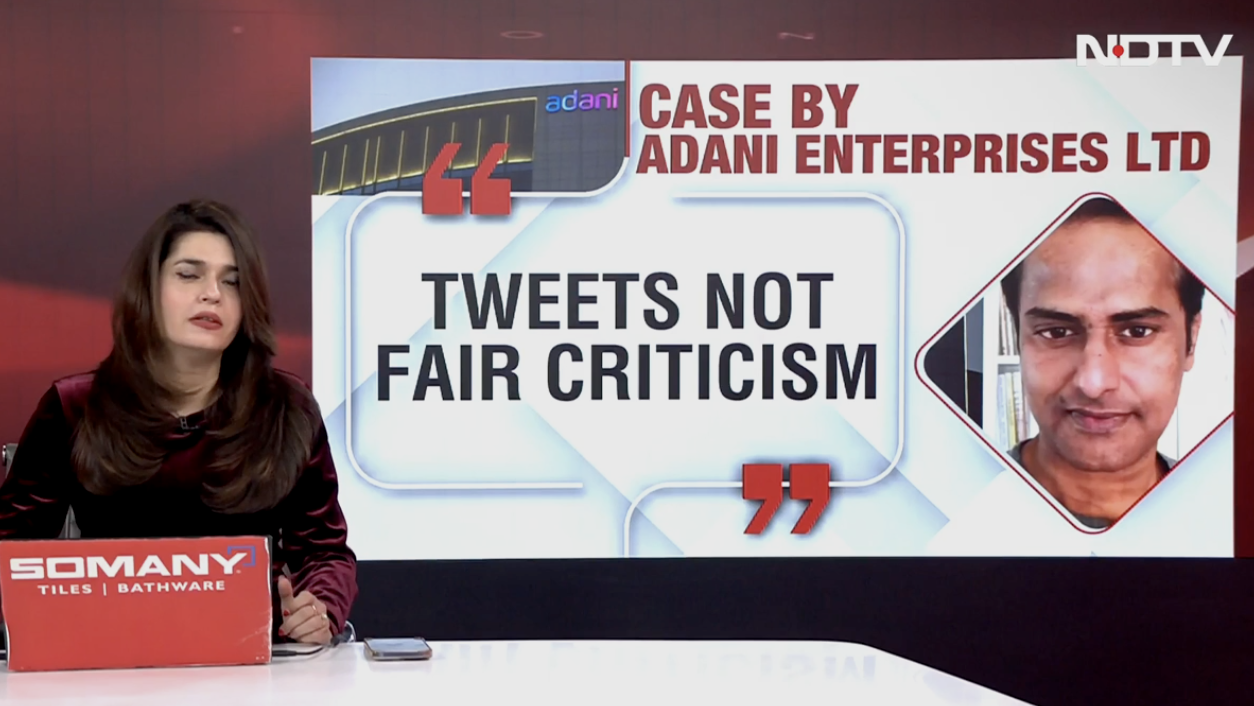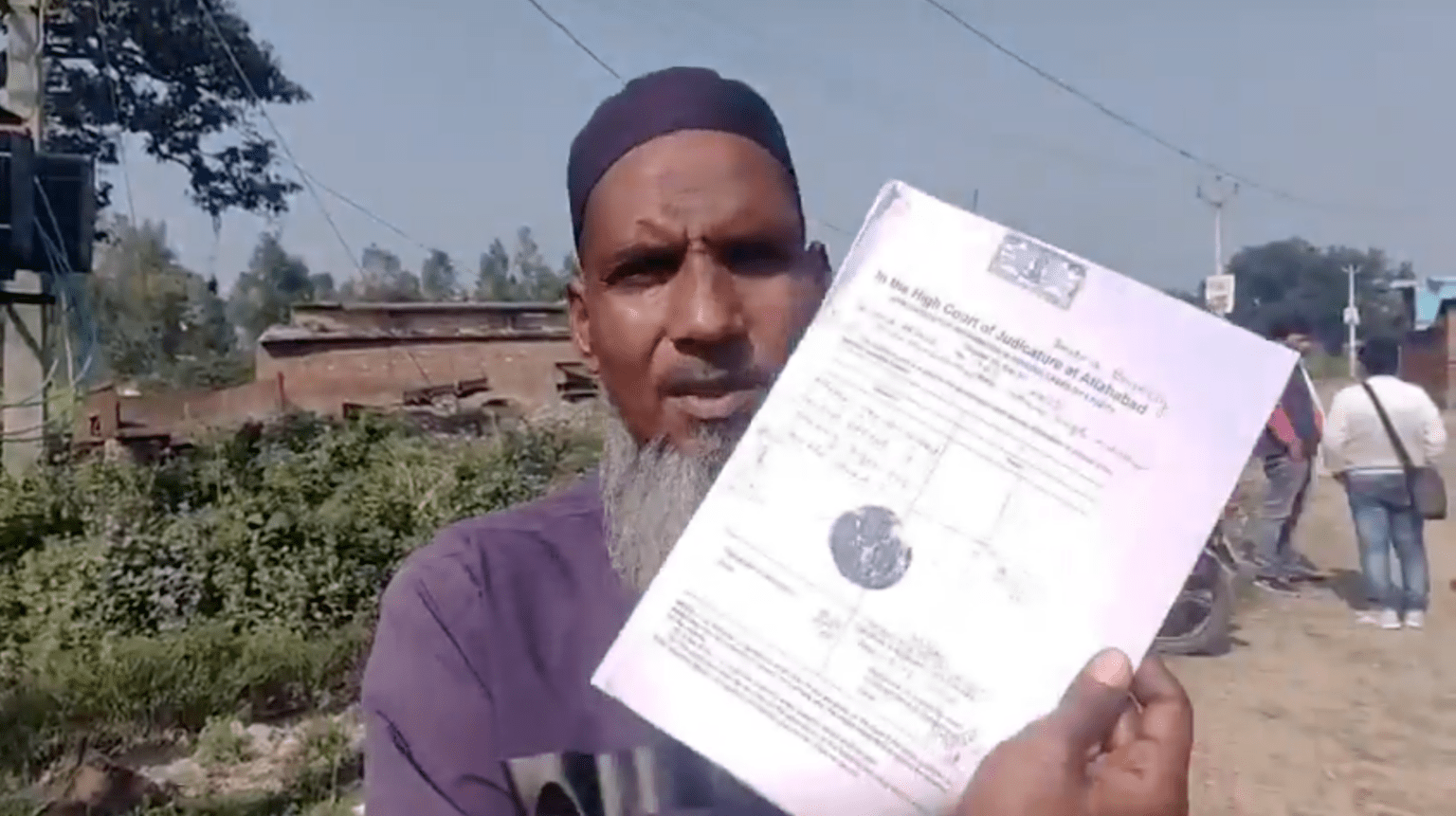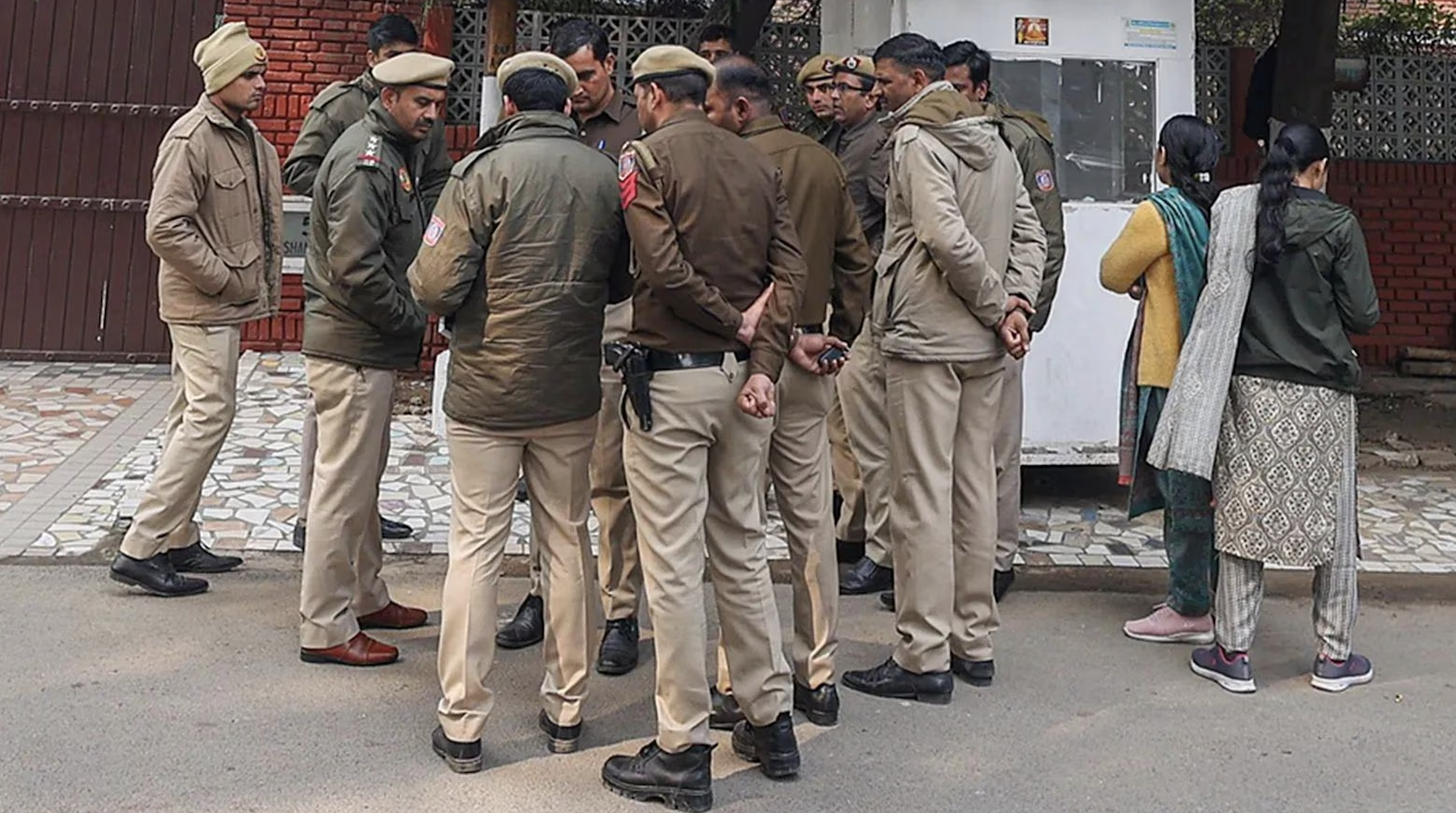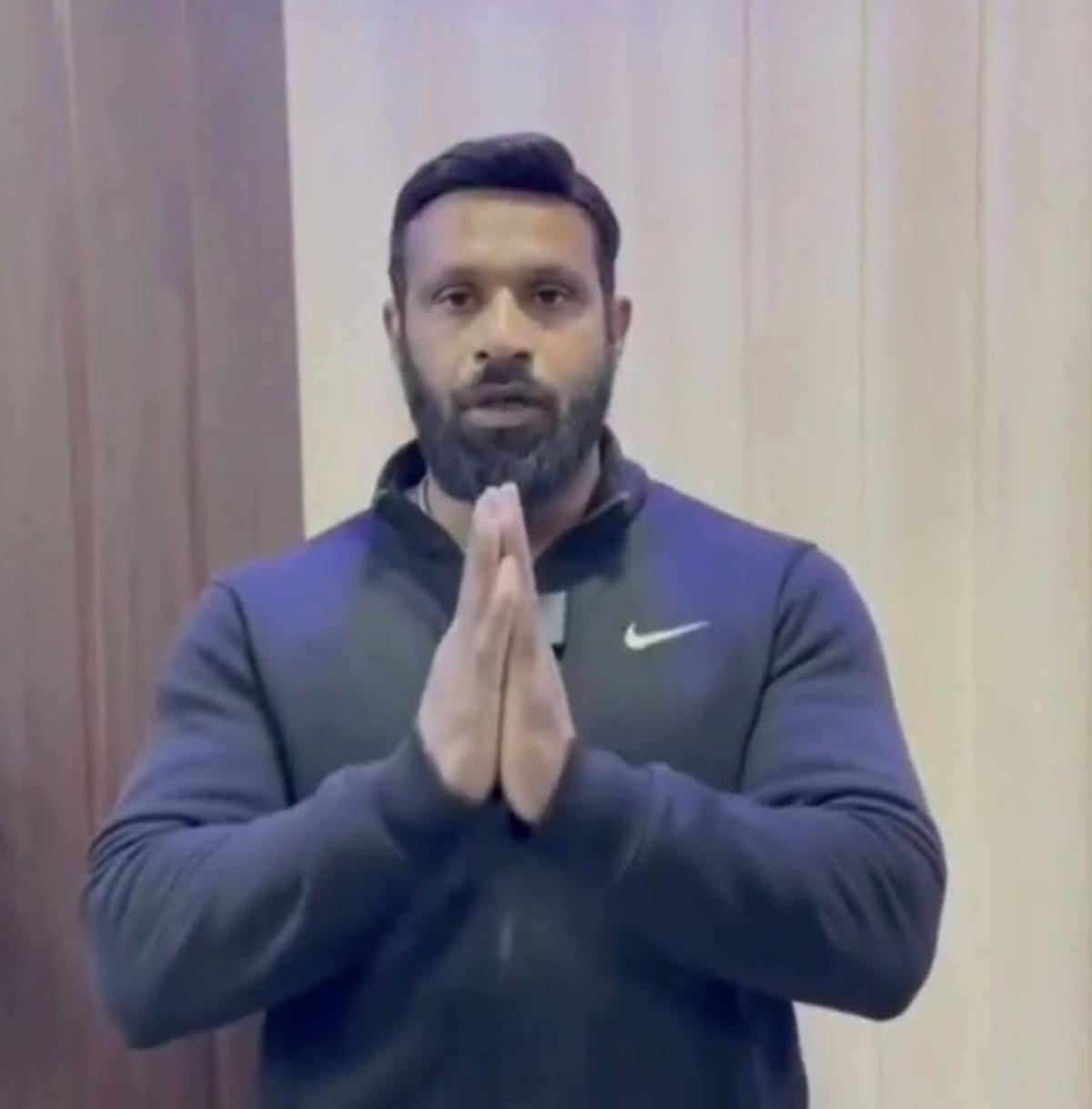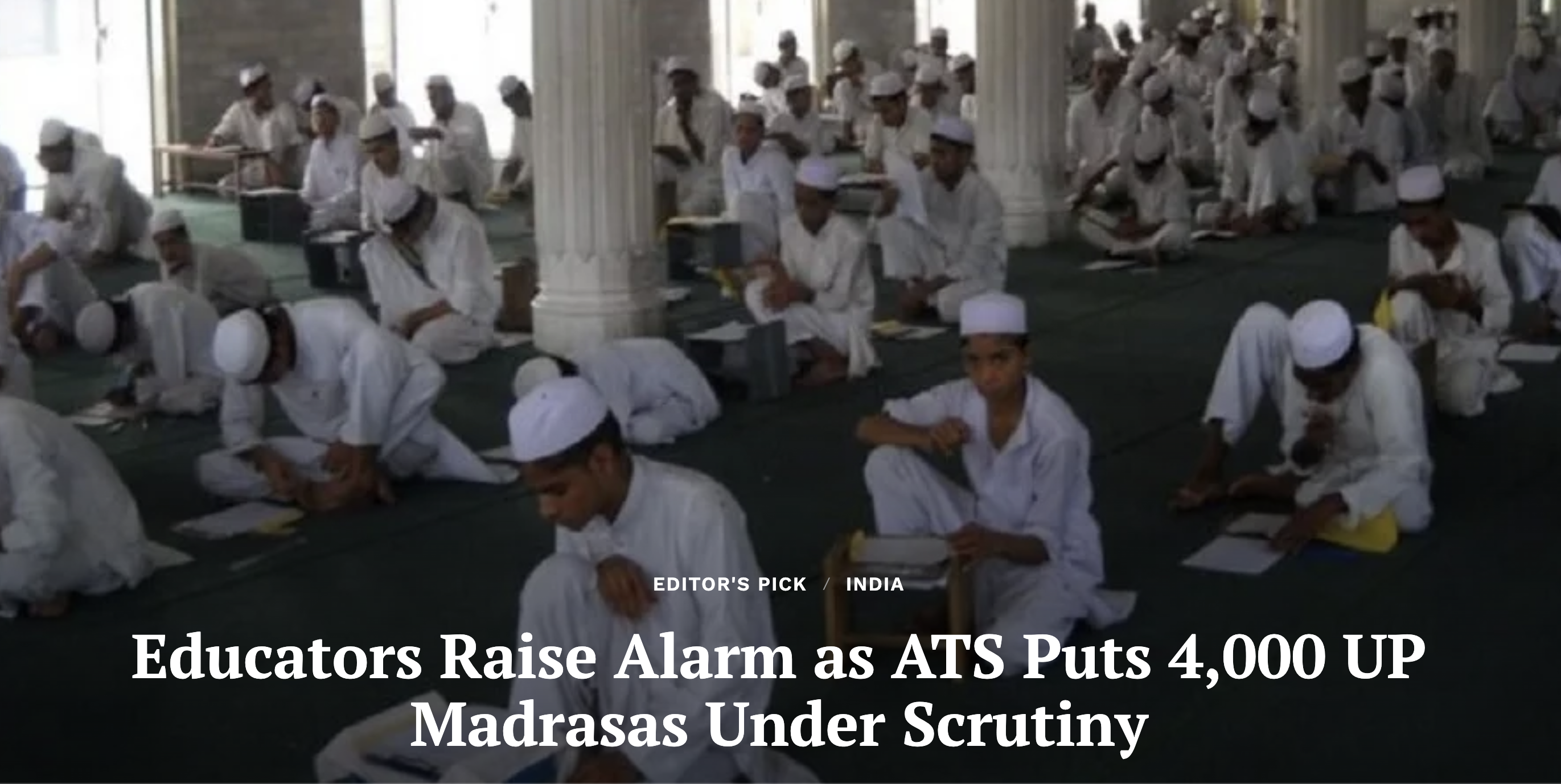Shahzeen Nazar

NEW DELHI – The United Nations Special Rapporteurs on Human Rights had raised with the government of India the continued detention of eleven human rights defenders who are accused of opposing the controversial Citizenship (Amendment) Act, 2019.
The government has responded to the communication by saying that action against them has been taken as per the provisions of law. That they all have access to judicial remedies. But rights activists are not satisfied with the government reply. They question the manner in which the anti-CAA activists are being kept in detention without a speedy trial. The government is behaving in most undemocratic manner, they say.
The human rights defenders for whom the letter was sent to the Permanent Mission of India to the UN Office in Geneva are: Meeran Haider; Gulfisha Fatima; Safoora Zargar; Shifa Ur Rehman; Asif Iqbal Tanha; Devanga Kalita; Natasha Narwal; Khalid Saifi; Kafeel Khan; Sharjeel Imam; and Akhil Gogoi.
“The government has not accepted the basic facts and replied in a proforma manner. The government should have acknowledged the human rights defenders and political activists are being kept in detention without a speedy trial. There should have been day-to-day trials. The resort to slow procedure has become the punishment.
But here the government is in complete denial. They are acting like Belarus and China,” said civil rights activist, Ravi Nair.
How can a government which claims to be democratic curb peaceful dissent, asked Nair, who is also convener of the Alliance Against CAA & NRC.” They tortured Khalid Saifi, manufactured charges against the others and will not do a speedy trial that will expose the whole lies their case stands on.”
Is he disappointed? No I am not, he says, adding, “Personally, I knew what the government’s reply would be. But the members of the UN team and the rest of the world will definitely be disappointed because a country calling itself democratic is not expected to do this kind of things.”
The letter to the Indian Mission in Geneva was sent on June 11 by United Nations Special Procedures mandate holders and independent experts.
According to Ravi, the government reply will be placed before the next session of the United Nations Human Rights Council and will also be taken up on November 21 next year, when four-yearly Universal Periodic Review (UPR) of India is due. India has to submit its report to the UPR by July next year. “All the human rights issues related to India will come up for discussion by member countries of the UN Human Rights Council.
“Things are piling up against India. It is not easy for the UN to take action against a big country like India. But over the years when credibility of the country goes down, clearly it is going to be an issue,” he said.
According to the information received, Haider, Fatima, Zargar, Rehman and Tanha are being held in pre-trial detention in connection with a police investigation launched on the back of a FIR filed by an officer of the Delhi Police in connection with peaceful protests against the CAA which took place in Delhi in April. They were each arrested between the April 1 and the May 16.
Kalita and Narwal were arrested on May 23 by the Special Branch of the Delhi Police on the basis of their participation in a sit-in protest in north-east Delhi in February 2020. They were subsequently granted bail, with the presiding judge holding that they had merely been exercising their right to freedom of expression by protesting, however a further FIR was filed against them and they were not released.
Khalid Saifi was arrested on February 26 after his participation in a sit-in protest in Khureji Khas, Dehli. He was allegedly tortured by the police in the hours following his arrest.
Dr Kafil Khan was arrested at Mumbai Airport on January 29 having made a speech critical of the CAA at Aligarh Muslim University the month before. He was released on bail, but was subsequently re-arrested under the National Security Act.
Sharjeel Imam was arrested on January 28 in Delhi. He was charged with sedition in relation to an anti-CAA speech he had made at Jamia Millia Islamia the month previously.
Gogoi was arrested on December 12 following a speech he delivered on the CAA in Jorhat, Assam. The case against him was filed by the National Investigation Agency and he was charged, among other things, with criminal conspiracy, sedition and hate speech. On July 11, Gogoi tested positive for Covid-19. According to media reports, on July 17 he was granted bail in three cases filed against him by police. However two cases filed against him by the National Investigation Agency remain. His request for bail in these cases was rejected on August 7.
This story first appeared in Clarion-India on August 28, 2020 here.


